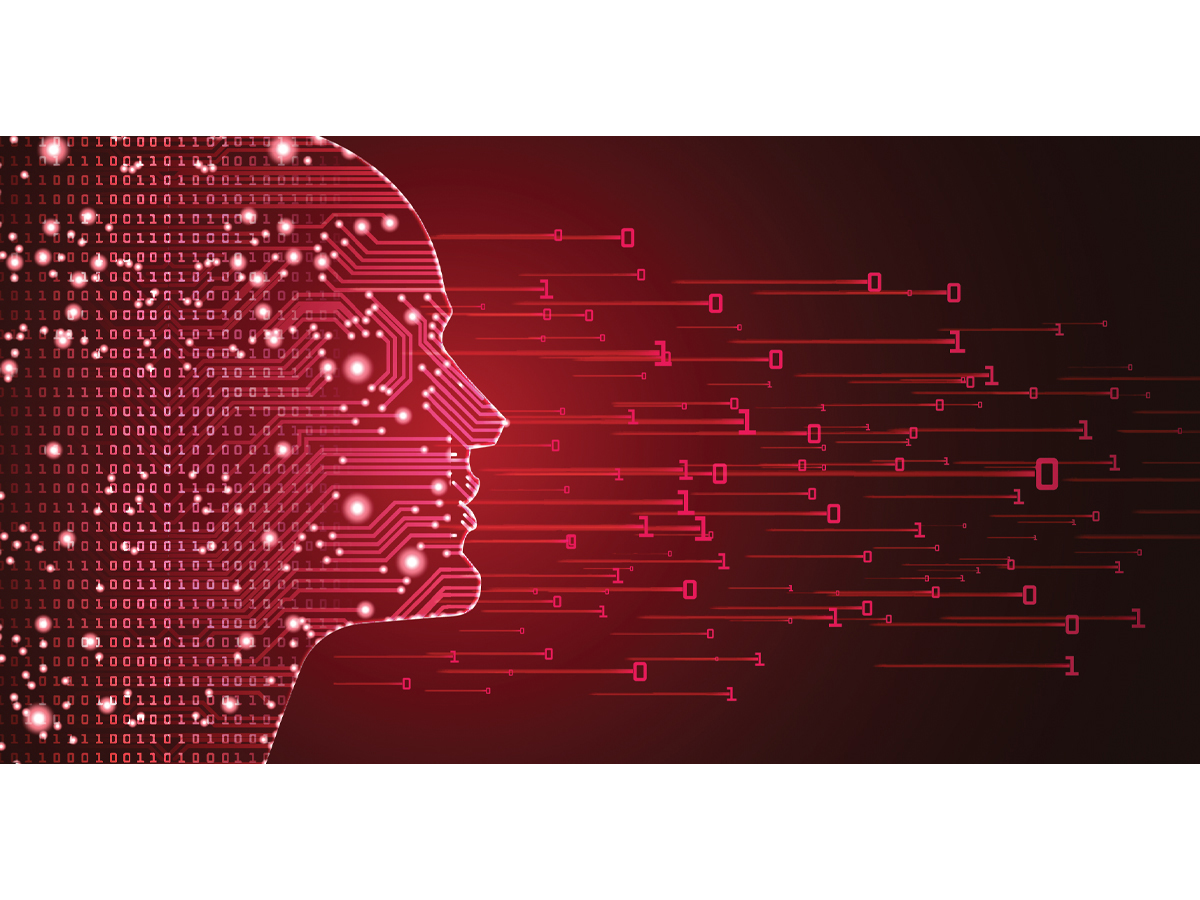New research using Artificial Intelligence (AI) to analyse MRI scans of patients with multiple sclerosis (MS) could pave the way for improved treatment of people with the condition.
Researchers from the University of Sydney will explore, with the use of AI technology, whether brain lesion number, lesion volumes and brain volumes can be efficiently calculated from routine magnetic resonance imaging (MRI) scans using automated imaging analysis. MRI plays a pivotal role in visualising the brain and spinal cord, aiding in diagnosis, prognosis, monitoring disease activity and treatment response.
AI driven analysis can eliminate the time-consuming manual process and enable the extraction of significantly more information from MRI scans.
According to lead researcher Dr Heidi Beadnall, people with MS, their families, friends and carer often ask questions like ‘How many MS lesions do I have?’, and ‘Do I have brain atrophy (shrinkage)?
“Currently these questions cannot be answered accurately, due to clinicians not having rapid access to quantitative MRI data in the real-world clinical setting. This project addresses this unmet need by making this data available to clinicians,” she said.
MS Australia head of research, Dr Julia Morahan said the research was made possible through MS Australia’s Incubator Grants Program. “We are facing accelerating numbers of MS in Australia, so we are more determined than ever to explore every possible avenue to find solutions. These grants exemplify that commitment,” she said.

